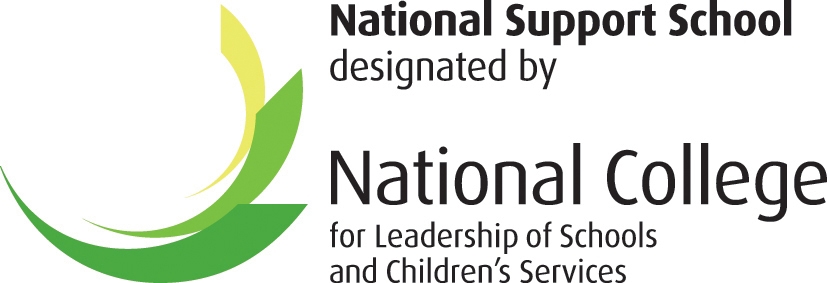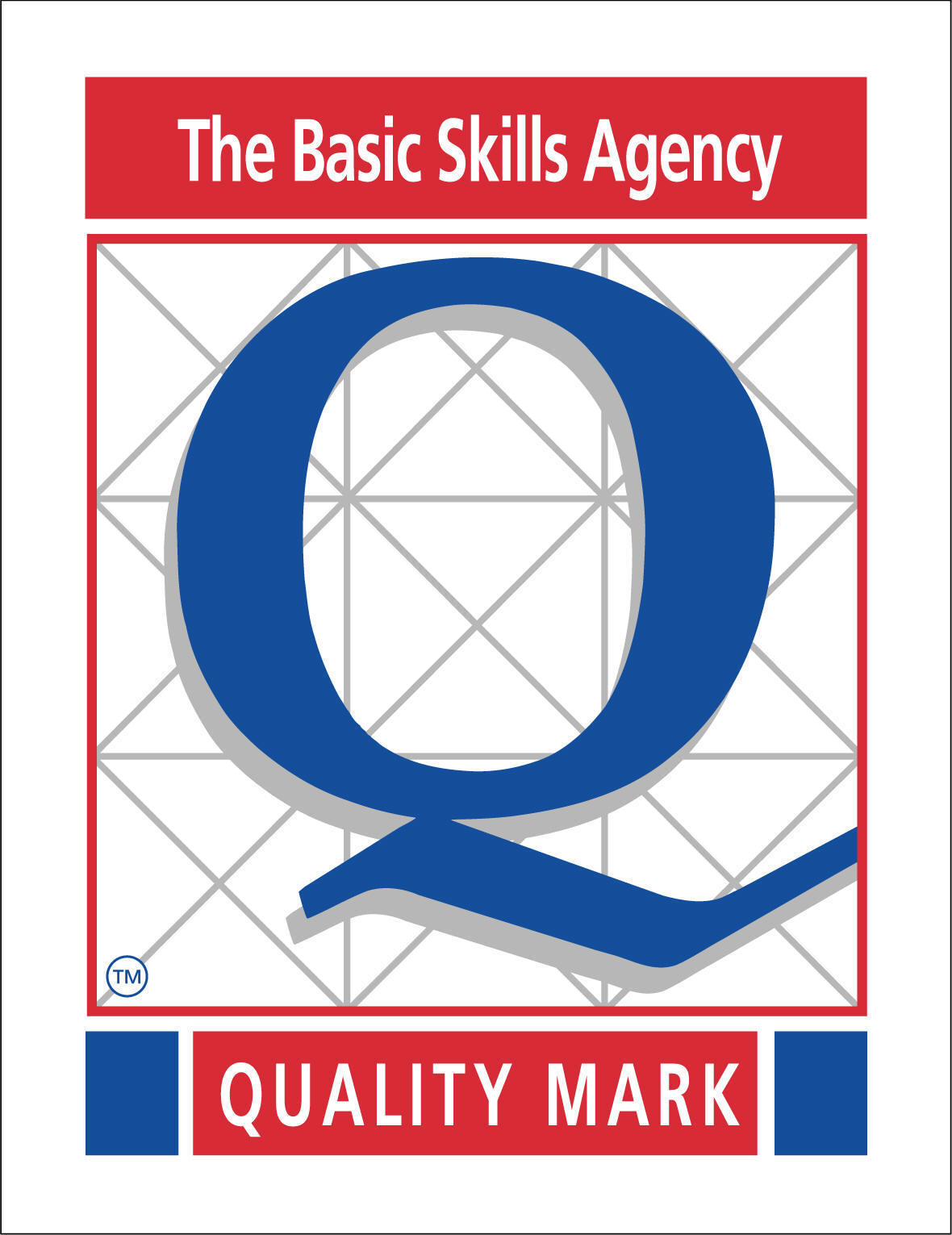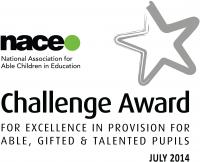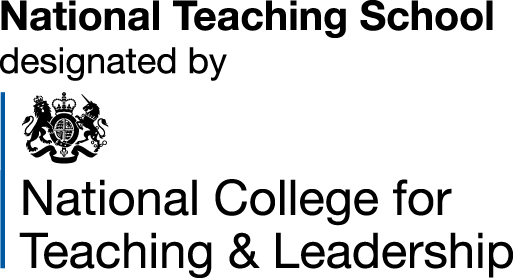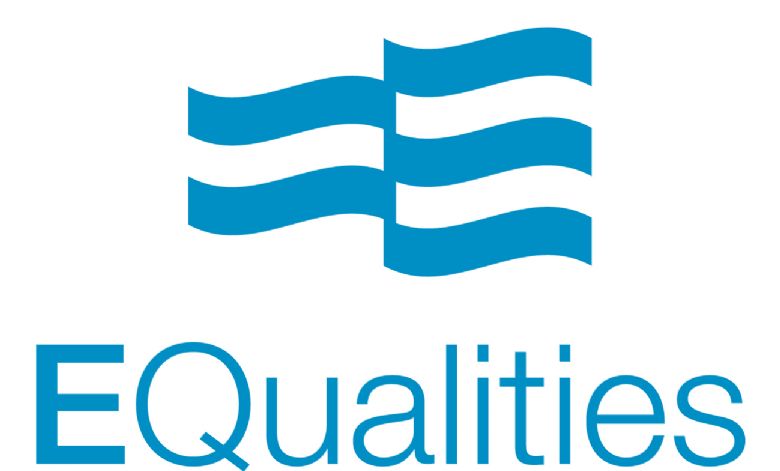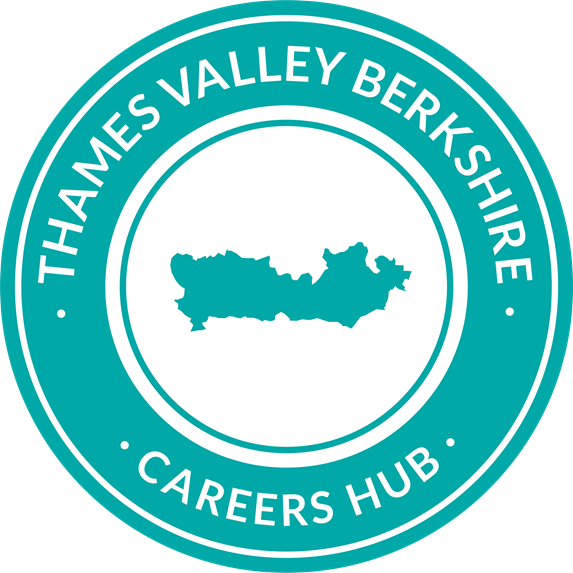Careers Mapping for YR7-YR13
At Maiden Erlegh School we believe that every child should leave school prepared for life in modern Britain.
We aim to do this by:
- Providing high quality taught curricular pathways which mean that students can develop skills, knowledge and attributes which will help them in the next phase of their education and in the world of work.
- Ensuring academic rigour and high quality teaching on all of the curricular pathways so that students make strong progress outcomes significantly above the national average.
- Providing a range of extra-curricular activities which build on and extend the taught curriculum so as to underpin success in education and employment.
- Providing a programme of high quality, independent careers guidance from Year 8.
- Drawing on strong links with local businesses and training organisations to provide students with inspirational experience of the work place and contact with people working in different sectors of business.
Below is an overview of our provision against the above aims
Foundation Stage Priorities:
- Experiencing a broad and balanced curriculum
- Developing strong English and maths skills (and narrowing any inherited gaps)
- Developing attributes of resilience, problem-solving and pride in self-presentation
- Awareness of their own strengths and aspirations and areas for development
Y9-11 Priorities:
- Experiencing a high quality curriculum which stretches all students and prepares them for their future education/career aspirations
- Further developing strong English and maths skills at the highest level (and narrowing any inherited gaps)
- Awareness of their own strengths and aspirations and areas for development
- Developing employability skills eg: CV and letter writing, interview skills, team working, communication and leadership
- Ensuring an awareness of the full range of opportunities post 16 (for both students and parents)
- No students will be Not in Education, Employment or Training (NEET) at the end of Y11
Y12-13 Priorities:
- Experiencing a high quality curriculum which stretches all students and prepares them for their future education/career aspirations
- Providing effective English and maths retake opportunities and the opportunity for others to take Core Maths.
- Further developing employability skills eg: CV and letter writing, interview skills, team working, communication, time management and leadership
- Ensuring an awareness of the full range of opportunities post 18 (for both students and parents)
- No students will be Not in Education, Employment or Training (NEET) at the end of Y12 or 13
NB: For details of our curriculum pathways, see our Curriculum Statement on the website
| Skills & Attributes | Careers Information Advice & Guidance | Work Place Experience | Links with Local Businesses | Other (Incl. subject specific) | Links with Parents | |
| Foundation Stage |
Silver Programme (for exceptionally able): problem-solving, reasoning, project management, teamwork Passport for Life in Y7: organisation, fund-raising, self-management Confidence & Communication group for SEND/Vulnerable students. Y8 Buddies for prospective new students |
Y8 Careers Interviews pre-options Y8 Options Clinics Y7 Personal Development topics: Financial Awareness and preparation for adult life Y8 Personal Development topics: -Being a consumer -Financial Awareness and Options Year 7 STEM Day |
Careers Fair pre options (Y8) Year 7 STEM Day |
Y7 Visit to the Guardian newspaper |
Y7 Parent Induction and Information Evenings Y8 Options Process |
|
| Y9-11 |
Mock Trial Y9 Gold Programme (for exceptionally able) Y10+
Interact Club (through Rotary Club) Y10+ |
Y11 Careers Interviews pre-options Bespoke additional independent support for SEND students. College tours and taster days organised for vulnerable students Talks from past students. Y11 Options Clinics Y10 Personal Development topics -Mental Health issues -Financial Awareness and career stereotyping Y10 Personal Development topic: Financial Awareness and Work Related Learning Y11 Personal Development topics: -Getting ready for the next step -Financial Awareness |
Y11 Work Experience (offered to all students during half terms) |
Careers Fair pre options (Y9 and Y11) Y10 Enterprise day (summer term)Careers Seminars (Y11-13) Careers Seminars Women in to Engineering Day |
Y9 Work Skills qualification as foundation to GCSE Business Studies. Y10/11 Visits to Thales (link with DT) Y10 Workshops with local artists Junior Sports Leaders |
Y11 Option Process Support for parents of SEND or vulnerable students (eg: applying for college) |
| Y12-13 |
Team Building Day as part of induction Y12 Community Service Programme (voluntary work in school) Young Enterprise |
Y12/13 Careers Interviews for those with no clear destination University Open Days advertised on the website and leave of absence granted. Talks from past students (to inspire students to different careers or universities) Half-termly Tutor Reviews of Individual Study programmes and progress towards objectives. Y12 Personal Development topics; -Financial Awareness -Time Management -UCAS, Post 16 and Gap Year information Y13 Personal Development topics: -Post 18 Options and preparation -CV writing and interview skills |
Y12 Work Experience (support in finding work experience for all academic pathway students) Y12 Work Experience (integral part of vocational pathways) Paid employment opportunities through school eg: Homework Club Supervisors, Cleaners etc |
Careers Seminars (Y11-13) Women in to Engineering Day |
Y12 Work Experience residentials in France and Germany for linguists. |
Higher Education Evening Future Pathways talk (includes information on apprenticeships) |
| General |
Leadership and team work opportunities through: Student Council Student Ambassadors eg: acting as schools guides, hosting events, public speaking etc Senior Team Senior Committees Strategic focus groups Student interviewers Student observers |
Links to job and apprenticeship opportunities on the website | Link to WBC Careers Fair on the website | Links with local universities (eg: Reading University Chemistry Faculty) |
Careers Lead: Mr D Bell
SENCO: Miss C Nimmo
Trust Careers Advisor: Anna Finlason
Working with outside agencies
When working with outside agencies, we share with them our aims for Careers Education, so they are clear about their role in the delivery of this provision.
Businesses and organisations we regularly work with include:
|
Allegis Tek Systems |
National Grid |
The Rotary Club |
|
Alston Business Catering |
Thales |
Young Enterprise |
|
Badenoch and Clark |
The George Hotel |
STEMNET |
|
Diamond Light |
Thorpe Park |
Holiday Inn |
|
Waites Building |
Kaplan |
|
Raised Participation Age
All students have are required to continue in education or training post 16 and until their 18th birthday. This does not mean that young people must stay in school post 16, they can choose:
- Full time study in a school, college or training provider;
- An apprenticeship, traineeship or supported internship;
- Full time work or volunteering (20 hours or more) combined with part-time accredited study.
The overwhelming majority of students at Maiden Erlegh School who stay into the Sixth Form, complete the courses started with us. Where students at Maiden Erlegh School do not stay with us until 18 and where we do not have confirmation that they are in one of the above activities post 16, we will refer their case back to Wokingham Borough Council (WBC). Similarly, if a student starts a course in the Sixth Form but does not complete it, we will also refer their case to WBC if they are not in an appropriate activity.
How do we monitor impact
We monitor impact by scrutinising a variety of sources of information eg:
Academic resultsDestination dataWork experience / voluntary work tracking in the Sixth Form Retention and success data in the Sixth FormBehaviour log dataNumbers of NEETsStudent feedback (eg: in our annual survey)Parent feedback (eg: in our annual survey)Evaluations of key events (eg: careers fair or “Learn to Earn” day)


